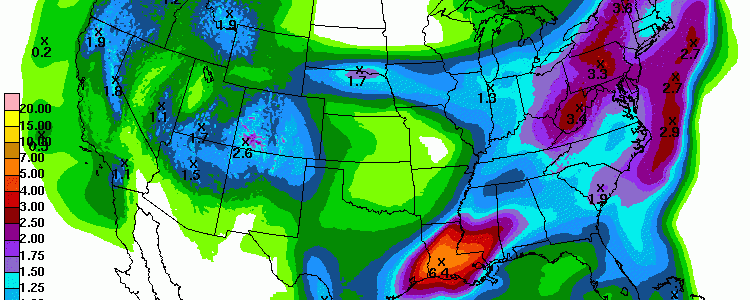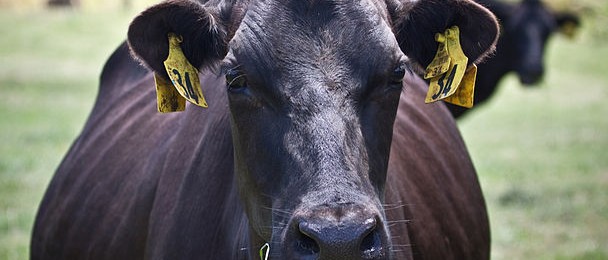-

Smithsonian had an interesting article this week on a long-term source of proxy climate data that was collected by Japanese priests monitoring the ice conditions on Lake Suwa. As the lake froze each year, the priests recorded the time of development and the orientation of a ridge of ice that built up as the lake…
-

I stopped at Providence Canyon State Park near Lumpkin GA on my way home from a school field day in Cuthbert GA on Friday. The park is located south of Columbus on the west-central edge of the state. It is now billed as one of Georgia’s seven natural wonders, with layers of pink and white…
Posted in: History -

The latest WunderBlog from Jeff Masters discusses something that I have not heard of before: food system shock. His blog started out this way: “The greatest threat of climate change to civilization over the next 40 years is likely to be climate change-amplified extreme droughts and floods hitting multiple major global grain-producing “breadbaskets” simultaneously. A…
-

This Day in Weather History on Facebook noted the April 30th F4 tornado which hit central Georgia in 1953. It was 300 yards in width and leveled homes on the north side of Warner Robins, Georgia, as well as barracks on the south side of the Robins Air Force Base. The tornado killed 19 people…
-

The latest 7-day QPF map shows that somewhat wetter conditions are expected to return next week for most of the Southeast. The exception is the Florida peninsula, which will see little rain in the next few days. Rain amounts in much of the area will be around an inch, which is close to normal for…
-

The US Forest Service published an interesting article this week on how trees respond to drought by looking at the mechanics of water movement within the tree and through the leaves. Different species of trees respond in different ways and at different rates. You might enjoy reading about this at https://www.srs.fs.usda.gov/compass/2016/04/26/open-or-shut-how-trees-respond-to-drought-at-the-leaf-level/.
-

There has been a lot in the news recently about how carbon emissions would be drastically reduced if we just stopped eating red meat (or in some cases, any meat at all). I get questions from extension agents and producers about the impacts that producing animal protein has on the increase in carbon dioxide in…